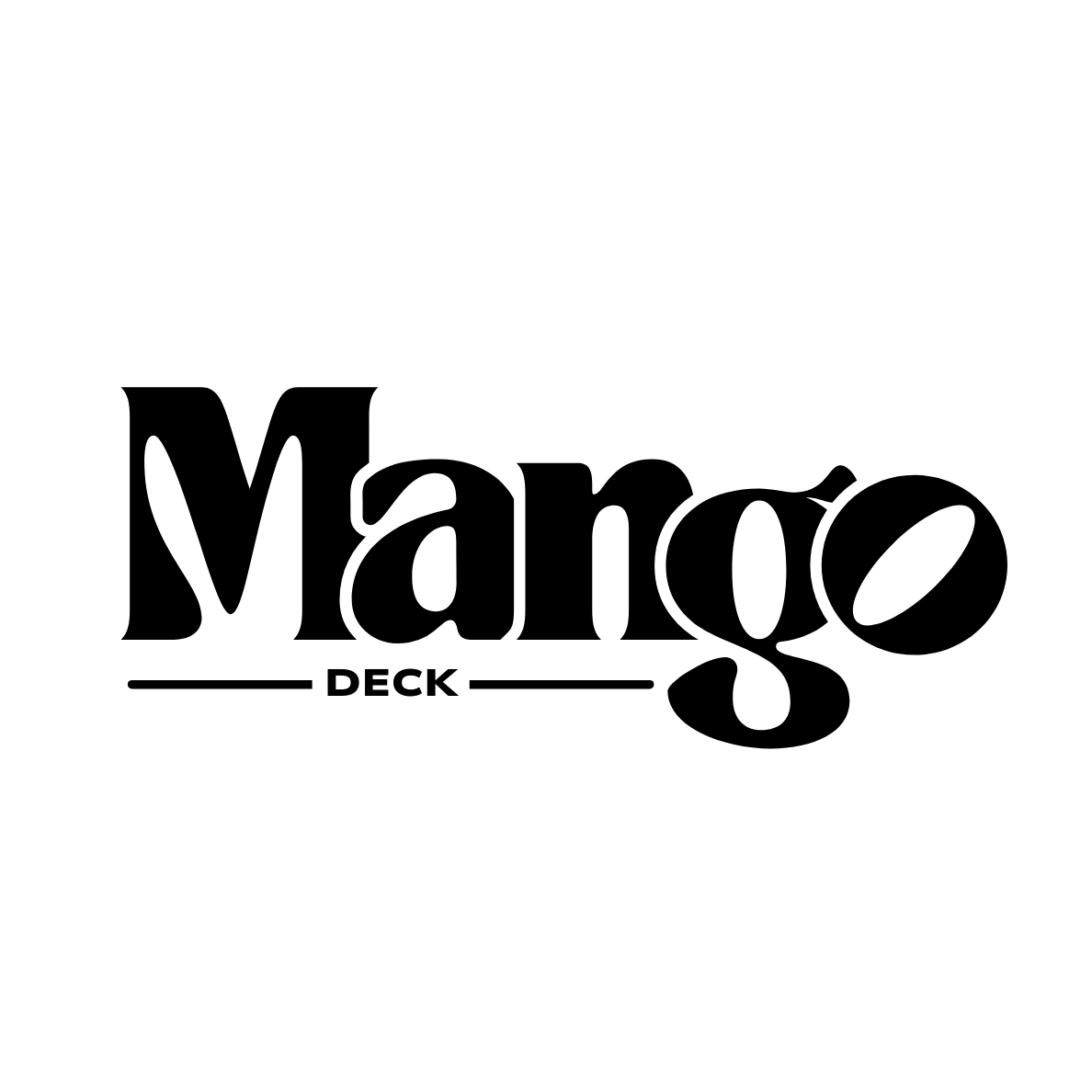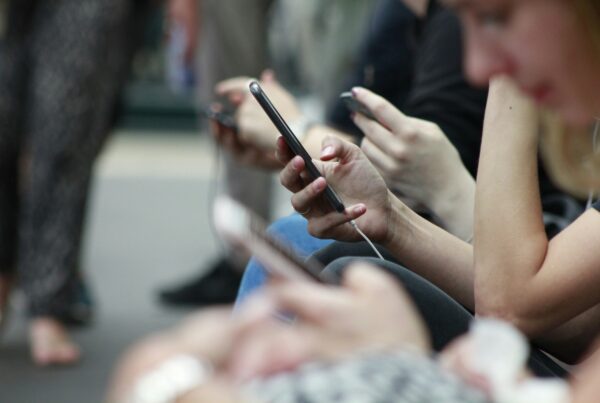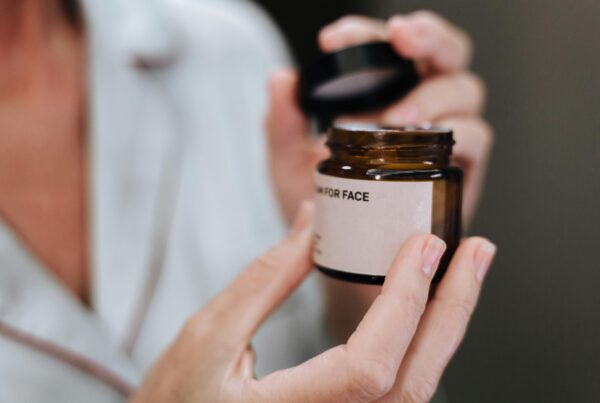
Marketing in 2025 has a new star player: millennial cringe. From avocado toast parodies to awkward “adulting is hard” memes, cringe has moved from embarrassment to engagement. What used to feel like try-hard branding has now become a powerful way for companies to spark authentic connections, cultural conversations, and viral shareability.
The big question is simple: should your brand lean into millennial cringe, or will it backfire?
Let’s explore why some of the world’s most innovative companies are embracing cringe, the psychology behind it, and the smart strategies to make it work for your business.

Why Millennial Cringe Works and Why Brands Can’t Ignore It
The rise of cringe marketing ties directly to shifting audience expectations and the algorithm-driven social media economy.
- According to Fast Company, 82% of consumers want brands to make them laugh, and cringe offers an accessible way to do just that.
- Vogue Business points out that brands leaning into awkward sincerity instead of polished perfection feel more real in an era of AI-generated content.
- ZoomSphere calls this “unhinged authenticity” because imperfection builds stronger digital intimacy.
In short, cringe works because it humanizes brands.
The Psychology of Cringe: Why We Laugh, Share, and Buy
Cringe marketing succeeds because it taps into deep psychological triggers:
- The Benign Violation Theory. Humor works when something feels wrong but harmless, which is exactly what cringe delivers. (Wix Blog)
- Nostalgia and shared struggles. Millennials grew up with awkward AIM statuses and “adulting memes.” Cringe taps into a cultural memory that feels collective.
- Parasocial bonding. Imperfection makes brands feel more like friends than corporations. As Your Digital Resource explains, cringe builds trust when used authentically.

Case Studies: Brands That Mastered the Cringe
| Brand | Strategy | Result |
|---|---|---|
| Wendy’s | Savage Twitter roasts and memes | Built a cult following and endless earned media (TechTarget) |
| Duolingo | Weird TikTok skits with its mascot owl | Millions of Gen Z followers, making a language app feel cool (Wikipedia) |
| Arizona Beverages | Turned a TikTok joke into a real drink | Viral product launch with minimal ad spend (WSJ) |
| Currys (UK) | Chaotic cringe TikTok ads | Boosted visibility among Gen Z and younger millennials (Your Digital Resource) |
| Gucci and H&M | Fashion starter-pack memes | Made luxury branding accessible via social humor (Vogue Business) |

The Risks of Cringe Marketing
Cringe has power, but it is not without risk.
- Overdoing it. If everything becomes a joke, your brand loses authority.
- Audience mismatch. Some industries like finance, B2B tech, or healthcare may lose trust if they go too far.
- Poor timing. A bad joke at the wrong cultural moment can cause instant backlash.
Harvard Business Review reminds brands that humor must align with values and strategy.

Smart Strategies for 2025
So, should your brand lean into millennial cringe? The answer is yes, but only with intention.
- Blend humor with authenticity. Show personality, but back it up with genuine value.
- Connect cringe content with SEO and PPC. At MangoDeck, we help brands pair emotional campaigns with measurable growth through Amazon PPC management.
- Build content ecosystems. A meme on TikTok should link back to blogs, PPC ads, or social media marketing campaigns.
- Diversify digital touchpoints. Don’t rely on one channel. Integrate with web development, social media management, and even advanced Amazon PPC bulk sheet hacks.

Final Take: Cringe as Cultural Currency
Millennial cringe is not just a fleeting trend. It has become cultural currency.
When brands embrace it strategically, they create stronger connections, increase shareability, and stand out in a content landscape increasingly shaped by AI. The real winners in 2025 will be the brands that use cringe not as a gimmick but as a tool for storytelling, authenticity, and scalable growth.
At MangoDeck, we help brands turn social trends into measurable impact through social campaigns, PPC advertising, web development, and global business strategies.
Ready to stop cringing at marketing and start cringing with your customers?
Let’s craft campaigns that resonate, convert, and scale. Book a strategy call with MangoDeck.



